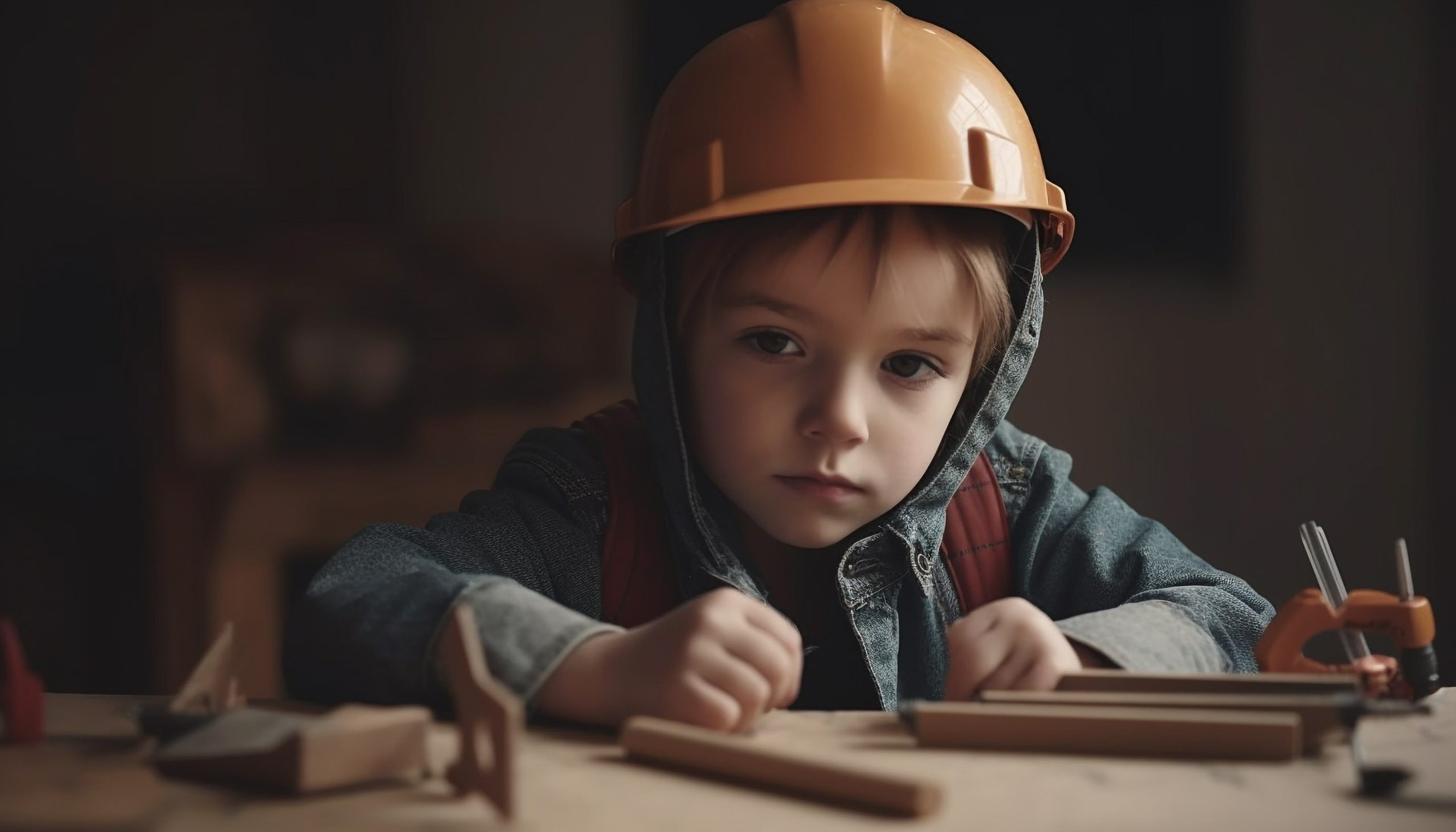
Smaller Preschools: Cultivating Lifelong Skills in Preschoolers
Preschool education plays a pivotal role in shaping a child’s future, laying the foundation for lifelong learning and success. For parents, choosing the right preschool is a significant decision, with smaller preschools emerging as a compelling option for enhancing the educational journey of preschoolers. This article delves into the advantages of smaller preschools and why they are instrumental in fostering lifelong skills in young learners.
Why Smaller Preschools Excel
Smaller preschools offer a personalized and nurturing environment where each child receives individual attention, fostering a superior learning experience. In contrast to larger institutions, where children might feel lost in the crowd, smaller preschools facilitate stronger teacher-child relationships and tailored instruction, catering to diverse learning styles and needs.
Furthermore, the intimate setting of smaller preschools cultivates a sense of community and belonging among children and educators. Enhanced interaction opportunities allow children to develop confidence, self-esteem, and vital social skills within a supportive environment.
Cultivating Lifelong Skills
Smaller preschools excel in nurturing lifelong skills crucial for success. These include critical thinking, problem-solving, communication, and collaboration, all of which are essential for navigating future challenges.
Within smaller preschool environments, children are encouraged to express themselves freely and engage in activities that stimulate cognitive growth. Teachers tailor the curriculum to align with children’s interests, instilling a passion for learning from an early age.
Through varied teaching approaches, such as posing open-ended questions and facilitating group projects, children hone critical thinking and problem-solving abilities. Likewise, ample opportunities for peer interaction foster effective communication and collaboration skills, preparing children for future endeavors.
Advantages of Smaller Preschools
- Personalized Attention: Smaller preschools ensure that each child receives personalized attention, resulting in enhanced learning outcomes.
- Sense of Community: Children in smaller preschools develop strong bonds with peers and educators, fostering confidence and social skills.
- Crafted Curriculum: Tailored curricula cater to individual learning styles, nurturing a lifelong love for learning.
- Effective Teacher-Parent Communication: Smaller preschools facilitate better communication between teachers and parents, fostering a collaborative partnership in a child’s development.
- Lower Student-to-Teacher Ratio: With fewer students per teacher, children benefit from increased attention and support.
Choosing a smaller preschool ensures a personalized and nurturing educational journey for children. It promotes community, fosters lifelong skills, and establishes a strong foundation for future success. Additionally, enhanced communication between educators and parents strengthens support systems, enriching a child’s developmental experience.
The Significance of Lifelong Skills in Preschoolers
The early years are pivotal for a child’s development, laying the groundwork for future achievements. Lifelong skills such as critical thinking, problem-solving, communication, and emotional intelligence are essential for navigating life’s complexities.
These skills not only facilitate academic success but also contribute to social-emotional well-being. Children equipped with these skills exhibit greater resilience, empathy, and adaptability, preparing them for a fulfilling and prosperous future.
Promoting Lifelong Skills in Smaller Preschools
Smaller preschools play a crucial role in fostering lifelong skills through:
- Individualized Attention: Personalized guidance ensures each child’s unique needs are met, nurturing holistic development.
- Collaborative Learning: Opportunities for group activities and projects promote teamwork, communication, and problem-solving.
- Play-Based Education: Incorporating play into learning encourages creativity, critical thinking, and exploration.
- Strong Relationships: Trusting bonds between teachers and children provide a supportive environment for emotional growth and self-regulation.
In conclusion, smaller preschools offer a conducive environment for cultivating lifelong skills essential for a child’s success and happiness. By prioritizing personalized attention, fostering a sense of community, and nurturing effective communication, these institutions empower children to thrive academically, socially, and emotionally. Parents seeking to provide their children with a strong educational foundation should consider the profound benefits of smaller preschools.


